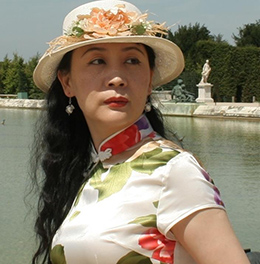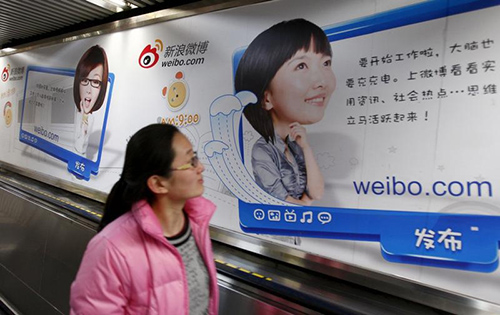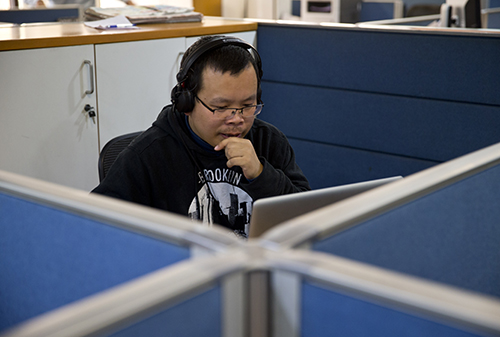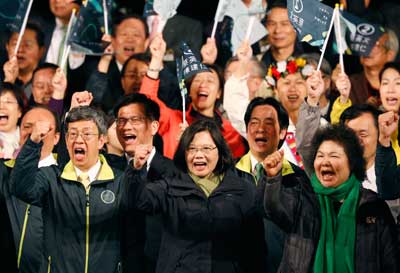Foreign press in China face fewer visa delays but obstacles remain, FCCC finds
The results of the Foreign Correspondents’ Club of China’s annual survey, released at the end of March, are a mixed bag. While problems raised in previous surveys, such as renewing visas, have eased, the responses show challenges remain for the international press.

China’s overseas critics under pressure from smear campaigns, cyber attacks
“I think my actions … have harmed the national interest. What I have done was very wrong. I seriously and earnestly accept to learn a lesson and plead guilty,” said Chinese journalist Gao Yu during a televised confession on the state-run channel CCTV in May 2014.

On International Women’s Day, CPJ recognizes nine female journalists jailed for their work
Coverage of protests and riots. Revelations of official corruption and graft. Major natural disasters. Investigations into deplorable living conditions. These are some of the important issues journalists cover in their role as the Fourth Estate.

Read and delete: How Weibo’s censors tackle dissent and free speech
The Chinese microblogging site Weibo has a huge following, with around 100 million users posting every day. For those living in China, one of CPJ’s 10 most censored countries, the social network offers the chance to discuss and share news that is often blocked in mainstream outlets.

The business of censorship: Documents show how Weibo filters sensitive news in China
When journalists at the Guangdong-based Southern Weekly found that their 2013 new year editorial had been changed, without their knowledge, to exalt the virtues of the Communist Party, they took their outrage to the Chinese microblogging site Weibo.

As editor-informant Li Xin disappears, journalists share their experiences with China’s security services
The case of Li Xin, a journalist who disappeared in Thailand in January after telling the international press in November he had fled China after being forced to work for years as a government informant, has shed light on the pressures some journalists face to provide information to the authorities.

We’re live from Taipei! Please don’t tell China’s censors
Typically, news organizations like to promote original reporting. When an outlet covers a breaking news event at the time and from the place where the event is happening, they want their audience to know. However, for Chinese commercial media that covered this weekend’s presidential election in Taiwan, this was apparently not the case.
In China, harsh penalties for ‘false news’ make it harder for reporters to work
China’s journalists and bloggers, already under threat of persecution, face new risks from November 1, when amendments to the country’s criminal law come into effect. Under the amendment, passed in August by legislative body the National People’s Congress, those convicted of spreading false news about disasters or epidemics will face harsh penalties.
Harassment in China: Foreign correspondents’ club releases report
From being followed by plain clothes policemen to being locked in a hotel conference room, the life of an international journalist in China comes with its challenges. The Foreign Correspondents’ Club of China released details on September 13 of six cases of members being harassed by authorities between March and August this year.
